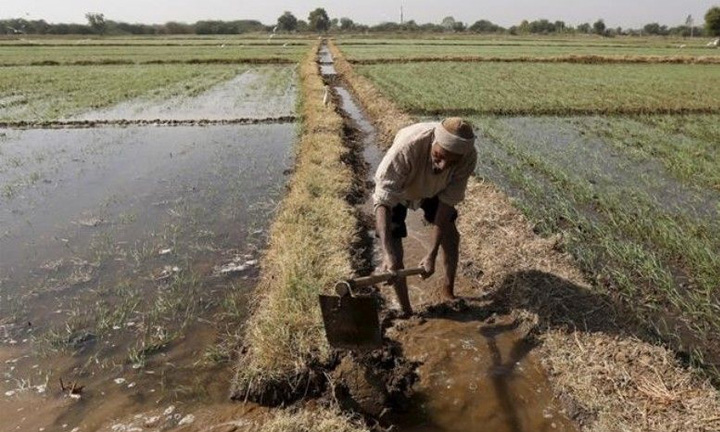SOURCE: BW Businessworld
Vietnamese Ambassador to India Pham Sanh Chau has urged the Indian government to create favourable conditions, remove tariff and non-tariff barriers, and simplify administrative procedures in order to facilitate the two countries’ access to each other’s markets.
During a virtual seminar, “Fruits and food: New trade opportunities for Vietnam and India”, held last week, the ambassador appealed to India to open its market for a number of Vietnamese fruits such as longan, grapefruit, durian, and rambutan among others.
The major push, however, was for increasing the purchase of dragon fruit, Vietnam’s leading agricultural export to the rest of the world.
According to the General Department of Vietnam Customs, dragon fruit accounts for about a third of Vietnamese fruit and vegetable exports. Revenue from dragon fruit exports is nearly four times higher than longan and mango.
Based on data from India-based research firm, Mordor Intelligence, Vietnam produced 11,98,854.1 metric tons of the fruit, also known as pitahaya, in 2019 with an estimated export value of about USD 450 million. The production of the fruit, mainly in Binh Thuan, Long An, and Tien Giang provinces, is expected to grow at a CAGR (compounded annual growth rate) of 6 per cent, reaching 17,06,065.3 metric tons by 2025.
In Vietnam, the total area used for growing the dragon fruit is approximately 50,000 hectares with the white-flesh variety accounting for more than 95 percent of production and the red-flesh variety for 4.5 percent.
For Vietnam, the Indian market, along with that of New Zealand, Australia, and Chile, however, is comparatively new, even as China, Thailand, and Indonesia are the main export destinations of the egg-shaped fruit. India too cultivates the fruit in Tripura, Maharashtra, Karnataka, and West Bengal.
While both the countries affirmed their desire to increase bilateral trade in agricultural products, on his part, Ambassador Chau affirmed that the embassy would continue to optimise resources to facilitate trade and promptly remove difficulties for the two countries’ enterprises.
The event, which was part of a series within the framework of the India-Vietnam Business Forum 2020, aimed to devise new directions to help Vietnamese and Indian businesses overcome difficulties, challenges, and the disruptions caused by the COVID-19 pandemic.
More than 100 importers, exporters, and trade associations from the two countries were in attendance in the event organised by the Vietnamese Embassy in India, in coordination with related Indian agencies, including the Indian Importers Chambers of Commerce and Industry (IICCI).
At the event, Vietnamese Ambassador to India Chau also took the opportunity to introduce some of Vietnam’s other typical agricultural products such as coffee, tea, cocoa, cashew nuts, and coconut.
According to the Vietnam News Agency, India’s anchor representative, Shubhra, Trade Adviser at the Ministry of Agriculture and Farmers’ Welfare, stated that both the countries have great potential to facilitate strong and effective cooperation in the area of fruit exports.
Noting that Vietnam and India both have great potential in the agricultural sector and that plenty of room remains to promote stronger and more effective bilateral cooperation in the field, she stressed that in recent years, India has emerged as one of the largest trading partners in the world for fruits and farm produce.
“India is fully capable of providing many types of fruits and agricultural products that Vietnam is importing from across the world, such as pomegranates, grapes, wheat, and cotton,” she said, speaking highly of Vietnamese fruits and farm produces such as dragon fruit, coffee, cocoa, and cashew nuts as well.
“Vietnam is striving to become an agro-processing centre by 2030, this goal can help the two countries to develop stronger and more meaningful cooperation,” Shubhra said, emphasising that Vietnam and India have a lot to learn from each other.
Ambassador Chau, on his part, affirmed that the embassy will continue to optimise resources to facilitate trade and promptly remove difficulties for the two countries’ enterprises. “Vietnamese exporters can directly contact Indian businesses or approach importers through IICCI,” he added.

